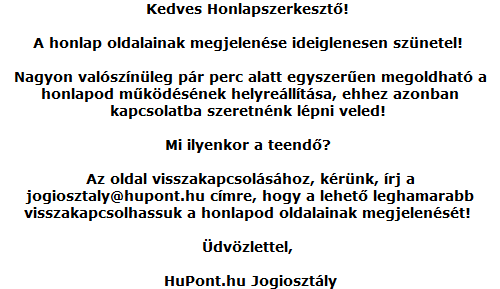Ide írhatod a honlap főcímét, ami legfeljebb 75 karakter lehet!
Ide írhatod maximum 250 karakter hosszúságban a honlap leírását ill. szlogenjét. A leírás fontos a weboldal látogatottá tételében, ezért érdemes jól megszövegezni.

A honlap ára 78 500 helyett MOST 0 Ft.
Honlapkészítés ingyen:
Ez a weblapszerkesztő alkalmas
ingyen weboldal,
ingyen honlap készítés...
Honlapkészítés ingyen:
Ez a weblapszerkesztő alkalmas
ingyen weboldal,
ingyen honlap készítés...
Oldal: Hogyan működik a HuPont.hu weboldalszerkesztő és honlap?
Ide írhatod a honlap főcímét, ami legfeljebb 75 karakter lehet! - © 2008 - 2026 - arnolddd.hupont.hu
Ide írhatod a honlap főcímét, ami legfeljebb 75 karakter lehet! - © 2008 - 2026 - arnolddd.hupont.hu
